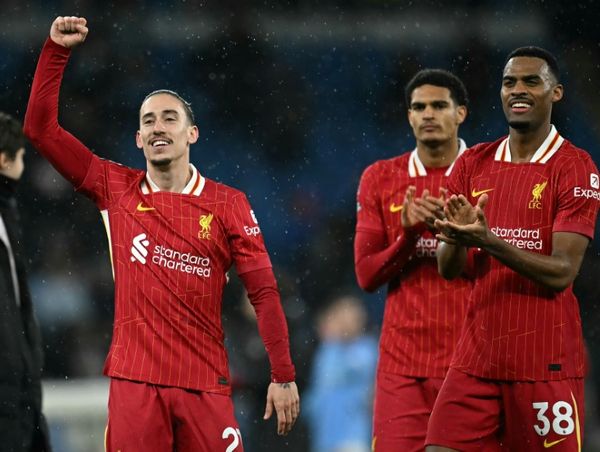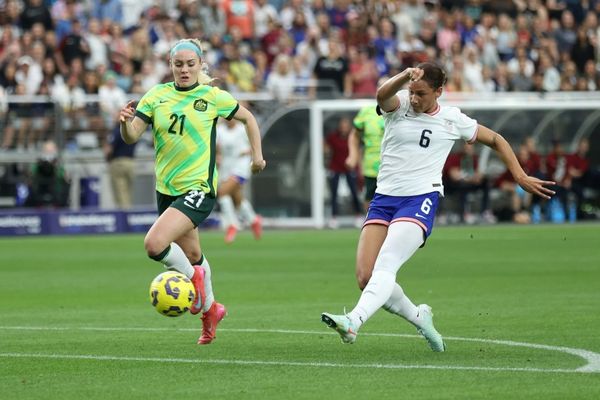Nvidia is showing extremely high implied volatility in the lead up to the earnings announcement on Wednesday after the close.
There is also significant volatility skew, with short-term options showing much higher implied volatility than long-term options.
One way to take advantage of this skew is via a diagonal put spread.
This option strategy is an advanced strategy because it utilizes options over different expiration periods and different strike prices.
Let's look at an example with Nvidia stock:
Traders could sell an Aug. 25 put with a strike price of 420 and buy an Oct. 20 put with a strike price of 380.
Nvidia Stock Trade Risk Levels
As of Monday's close, the August put could be sold for around $6.20. The October put could be bought for $9.75.
The net cost of the trade would be $355, and that is the most the trade could lose on the upside.
The risk on the trade is on the downside, with a potential maximum loss of $4,355. This is calculated by taking the difference in the spread (40) multiplied by 100 and adding in the cost of the trade (355).
The maximum potential gain is around $1,500. That would occur if Nvidia stock closes right at 420 on Aug. 25.
The trade has a nice profit zone in between 420 and 510.
Danger If Stock Falls Below 420
If Nvidia stock stay between these values, the trade should do well. The main risk is if the stock drops below 420.
The initial trade set up has a delta of 2, meaning the position is roughly equivalent to owning 2 shares of Nvidia. Note that this delta number can change significantly as the stock starts to move.
According to the IBD Stock Checkup, Nvidia stock is ranked No. 3 in its industry group and has a Composite Rating of 96, an EPS Rating of 69 and a Relative Strength Rating of 99.
Check out IBD's new OptionsTrader app for options education, trade ideas and more! Download from the Apple App Store today.
It's important to remember that options are risky and investors can lose 100% of their investment.
This article is for education purposes only and not a trade recommendation. Remember to always do your own due diligence and consult your financial advisor before making any investment decisions.
Gavin McMaster has a Masters in Applied Finance and Investment. He specializes in income trading using options, is very conservative in his style and believes patience in waiting for the best setups is the key to successful trading. Follow him on Twitter at @OptiontradinIQ.







